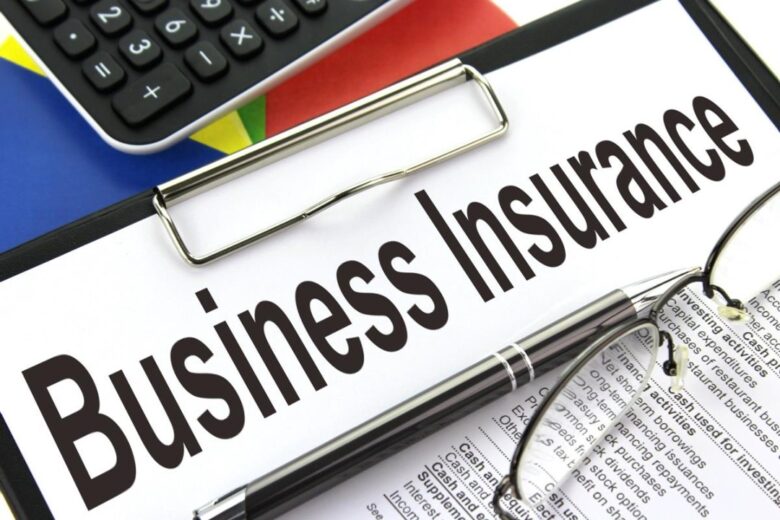Launching a business is one of the riskiest endeavors you’ll ever undertake, so having proper insurance in place is essential to protecting both your investments and finances in case something arises that could alter their course.
Finding and selecting an adequate plan can build client trust and increase contract wins, but selecting one can be daunting. This guide provides an introduction to evaluating and selecting business insurance for your company.
1. Know Your Coverage Needs
Responsibility in running a business can be extensive and varied, from managing employees and overseeing production to planning for expansion. Entrepreneurs face many responsibilities in running their venture, including overseeing production and planning for growth. Therefore, making the appropriate decisions for success includes having adequate insurance coverage in place.
Without proper insurance, disasters or lawsuits could quickly put an end to your business. Studies have revealed that most small businesses fail within a year due to insufficient coverage, making finding suitable coverage even more essential than before. Selecting appropriate policies can protect assets, protect finances, and bring peace of mind to any organization.
An effective way to ascertain your unique requirements is by conducting a detailed examination of your industry and its risks, speaking with other business owners in your field, or consulting an experienced insurance agent about which policies will provide optimal coverage for you and your company.
Make sure that you also consider any legal requirements specific to your industry or state when it comes to choosing insurance policies for your business, such as workers’ comp, general liability and commercial auto coverage. Being informed on these details will allow you to select an adequate policy tailored specifically to the needs of your organization while remaining compliant with state laws.
2. Determine Your Risks
Many business owners fail to adequately assess the risks that threaten their organization, which is an oversight. Assessing risks requires understanding what threats your business faces so you can select appropriate insurance coverage for it. A risk is defined as anything which threatens financial stability or overarching goals – property damage, litigation issues and disasters may threaten this goal as well. Crime, fire, lawsuits theft of inventory equipment breakdown deaths of key employees etc are just some of the many threats a business is exposed to.
Business insurance policies offer protection from such risks by shifting them onto an insurer in exchange for regular premium payments, known as premiums. By calculating the likelihood of certain events occurring and offering you policies at prices reflective of those risks.
Some of the more frequently purchased types of business insurance policies include commercial property, general liability and professional liability policies. There are also combined policies available which combine multiple coverages into one policy package and can save time and money by simplifying administration processes.
Finding the appropriate business insurance is of utmost importance, but finding an experienced advisor that you trust is also vital. An advisor can identify areas you may have missed and offer insight into risk probabilities, while explaining why specific coverages are or aren’t required so as not to over or under-insure your company.
3. Get a Quote
Choose the appropriate business insurance to protect your assets and ensure financial protection in case of natural disaster or employee error, building trust and integrity along the way. For instance, should a storm cause severe damage to your office and necessitate renting temporary space while continuing operations – business interruption coverage might help cover these expenses.
To obtain the appropriate coverage for your business, it requires gathering plenty of information. This should include details regarding employee count and gross annual sales figures as well as inventory levels. Being as detailed as possible allows insurers to accurately assess risks and provide accurate quotes.
Once you have all of the required information, working with an insurance agent to obtain a quote for your business is simple. You can easily find one online, or work with a broker who specializes in business insurance; both options can help determine what policies your business requires as well as help gather multiple quotes before selecting the ideal policy for your firm.
Revamp your business insurance annually to make sure it still provides sufficient types and amounts of coverage, meeting with your agent during renewal time or any significant business changes that occur.
4. Review Your Policy
Once you’ve selected business insurance policies, it is essential to review them annually in order to make sure they reflect the current state of your business. If employees or assets have been added, your property coverage and/or workers’ compensation insurance should also change to account for these changes; and new laws or regulations could alter this coverage too.
An annual policy review can help identify gaps or potential savings opportunities by bundling or adjusting policies, while providing you with an overview of your company’s risks and how best to mitigate them.
One key to conducting an effective review is having all your policies close at hand. If they’re difficult to access or hard to locate, you might find yourself less inclined to revisit them – make a conscious effort to place them somewhere easily accessible so you can spend sufficient time understanding them fully.
Be mindful of deductibles and terms in your policies. While lower premiums may tempt you, high deductibles leave your company exposed in case of an accident. Therefore, it’s essential to find policies with an acceptable balance of affordability and comprehensive protection tailored specifically to your company needs.




